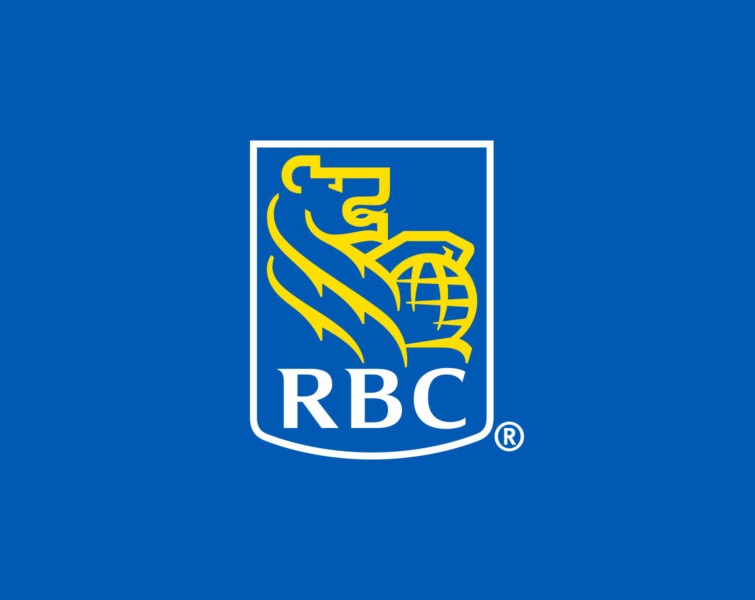U. S. News
CDC reports lead poisoning in children from applesauce pouches
The Centers for Disease Control and Prevention (CDC) has reported that at least 22 toddlers across 14 states have become ill due to high levels of lead in fruit applesauce pouches. These cases have brought to light a serious public health issue, involving children between the ages of 1 and 3 who consumed the now-recalled product.
The affected children presented with elevated blood lead levels, ranging from 4 to 29 micrograms per deciliter. The CDC identifies a blood lead level of more than 3.5 micrograms per deciliter as elevated, which underscores the severity of these cases. The states where these incidents were reported include Alabama, Arkansas, Louisiana, Maryland, Missouri, New Mexico, New York, North Carolina, Ohio, Pennsylvania, South Carolina, Tennessee, Texas, and Washington.
In response to this situation, the CDC has issued a health warning, urging physicians to be vigilant for signs of lead poisoning and to report any suspected cases to local health authorities. This move is crucial in preventing further harm and ensuring timely medical intervention for affected children.
In early November, the U.S. Food and Drug Administration (FDA) took action by recalling several brands of apple cinnamon pouches due to their dangerous lead content. The recall encompasses products from the WanaBana brand, Schnucks brand, and Weis brand. These applesauce pouches were available both in stores and online, posing a widespread risk.
Parents who are concerned that their child might have consumed any of these recalled products are strongly advised by the CDC to seek medical attention. The agency recommends that these children undergo a blood test to check for lead exposure. This proactive approach is essential for ensuring the health and safety of the young ones who might have been affected by these contaminated products.
The situation highlights the importance of rigorous safety checks and quality control in food products, especially those intended for children. It also serves as a reminder for parents and caregivers to stay informed about product recalls and health advisories to protect their children’s well-being.
-

 Covid-191 year ago
Covid-191 year agoIngesting an excessive amount of vitamin D may result in serious health consequences
-

 Arkansas2 years ago
Arkansas2 years agoHuman remains discovered near a popular Arkansas hiking trail believed to be person missing since 2021
-

 Arkansas1 year ago
Arkansas1 year agoDriver in fatal single-vehicle accident in White County identified by authorities
-

 Local News1 year ago
Local News1 year agoA Sylvan Hills High School student’s painting receives considerable acclaim
-

 Arkansas3 years ago
Arkansas3 years agoArkansas Trying to Close Out Regular Season With Series Win Over Florida
-

 Arkansas3 years ago
Arkansas3 years agoMickelson changes his mind, accepts exemption to US Open
-

 Arkansas2 years ago
Arkansas2 years agoDue to the COVID Pandemic, Arkansas’ math and reading test scores have decreased
-

 Covid-192 years ago
Covid-192 years agoHealth and Wellness Clinic will be held on November 3 at UA Little Rock





Leave a Reply